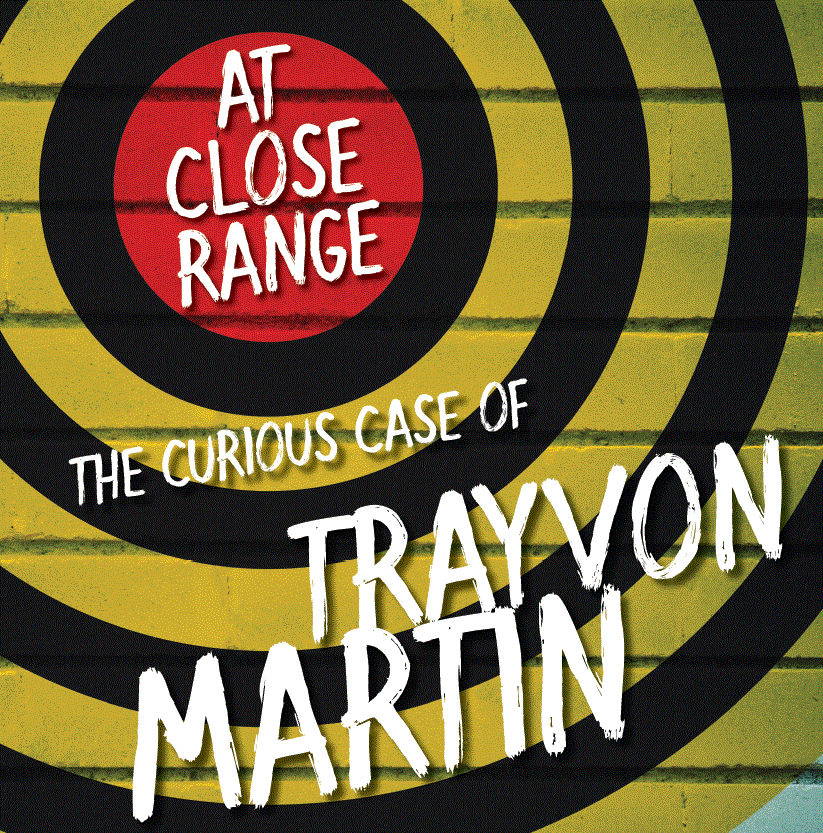Location
Panel Two
Event Website
http://www.law.ufl.edu/academics/centers/csrrr
Start Date
20-3-2013 9:45 AM
Description
Just as international coverage of the Emmett Till case in 1955 marshaled domestic support for the civil rights movement, international coverage of the Trayvon Martin murder focused attention on the disgraceful mishandling of the Martin’s murder case, spurring international, national and local public protests, and ultimately forcing the indictment of his killer. This paper examines the international discourse generated around the Martin affair and argues that such discourse widened domestic discourse regarding the murder, transforming the murder of yet another black youth into a referendum on the functioning of the American criminal justice system and the myth of the American ‘post racial’ society. We examine international press coverage leading up to the killer’s indictment, asking the following question: What perspective did the international press take? What issues did it foreground? Finally, how can communication research empower social justice movements by highlighting the important role international press and opinion play in forwarding domestic criminal justice reforms?
Trayvon Martin and the International Press
Panel Two
Just as international coverage of the Emmett Till case in 1955 marshaled domestic support for the civil rights movement, international coverage of the Trayvon Martin murder focused attention on the disgraceful mishandling of the Martin’s murder case, spurring international, national and local public protests, and ultimately forcing the indictment of his killer. This paper examines the international discourse generated around the Martin affair and argues that such discourse widened domestic discourse regarding the murder, transforming the murder of yet another black youth into a referendum on the functioning of the American criminal justice system and the myth of the American ‘post racial’ society. We examine international press coverage leading up to the killer’s indictment, asking the following question: What perspective did the international press take? What issues did it foreground? Finally, how can communication research empower social justice movements by highlighting the important role international press and opinion play in forwarding domestic criminal justice reforms?
https://scholarship.law.ufl.edu/csrrr_events/10thspringlecture/panels/9

